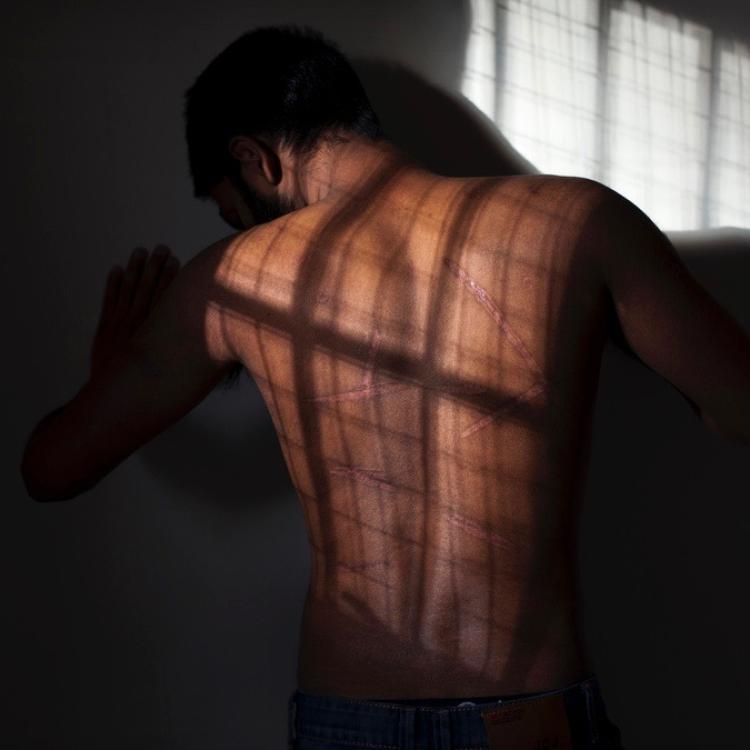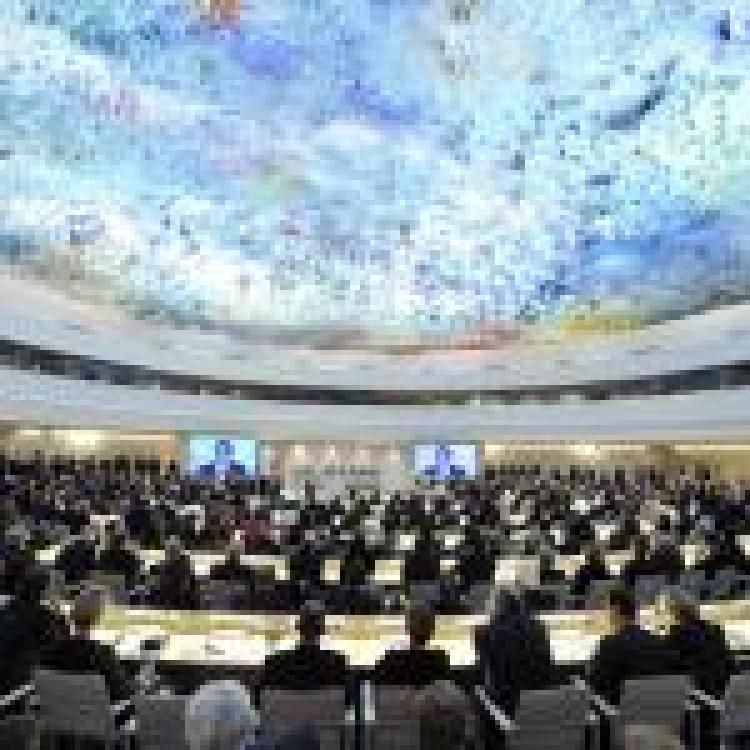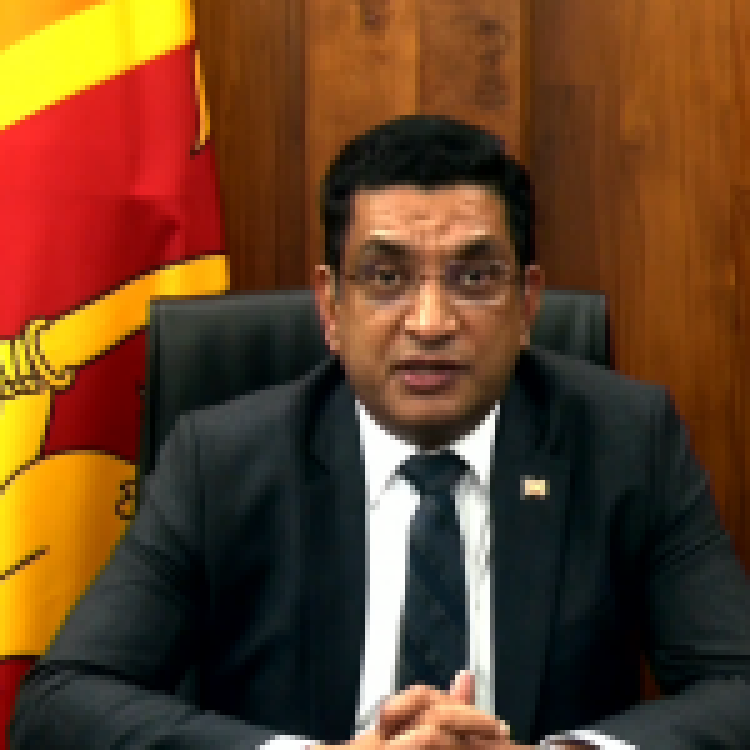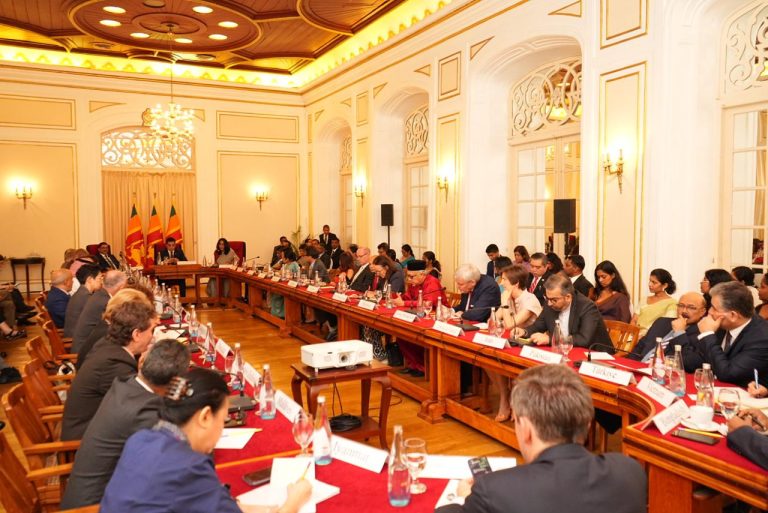
Sri Lanka’s Minister of Foreign Affairs Ali Sabry, along with Central Bank Governor Dr. P. Nandalal Weerasinghe and Foreign Secretary Aruni Wijewardane, held a briefing in Colombo this week to garner support from foreign diplomats stationed in Sri Lanka ahead of the upcoming session at the United Nations Human Rights Council (UNHRC) next month.
According to a communique on the Foreign Ministry website, Wijewardane urged the “Colombo-based diplomatic community to understand the current situation in Sri Lanka, support the progress made so far, and participate in the Interactive Dialogue on Sri Lanka at the upcoming Human Rights Council session”.
She also stated that while Sri Lanka will “cooperate” with UN human rights mechanisms, it will oppose Resolutions 46/1 and 51/1 that were adopted by the Council. The Ministry’s assurances follow a statement from the Core Group, which emphasized the need to address the suffering caused by enforced disappearances.
Sri Lanka has repeatedly refused to allow an international accountability mechanism for atrocities committed against the Tamil people, despite several UN resolution demanding so.
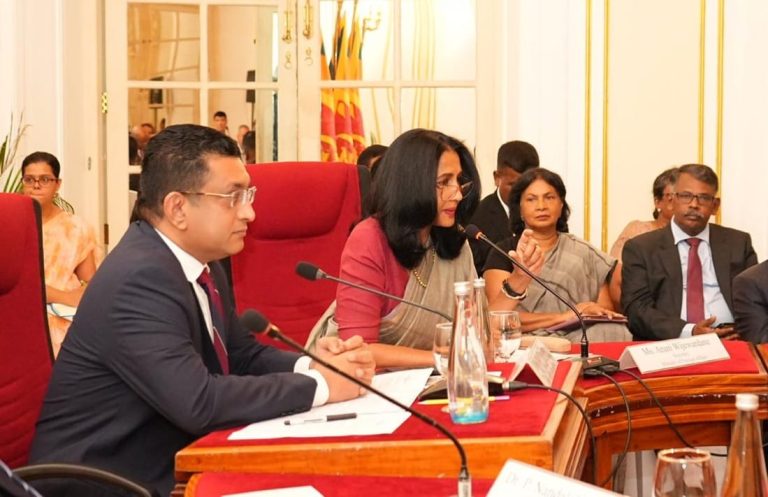
At the 56th session of the UNHRC, the Core Group on Sri Lanka called on the government to "address the suffering caused by enforced disappearances," following a report by the UN High Commissioner last month.
In a recent statement, the Core Group — comprising Canada, Malawi, Montenegro, North Macedonia, the United Kingdom, and the United States — urged Sri Lanka to implement the recommendations of the report, which warned that the risk of future enforced disappearances persists due to the country’s failure to “tackle structural weaknesses and undertake necessary reforms.”
The Office of the UN High Commissioner for Human Rights (OHCHR) recommended that Sri Lanka acknowledge the occurrence of enforced disappearances on a "mass scale" and intensify independent and impartial investigations, holding those responsible accountable "through criminal and administrative processes."
The Core Group also called on the Sri Lankan government to "ensure that transitional justice mechanisms are independent, inclusive, impartial, transparent, and meet the expectations of affected communities."
Meanwhile, Minister Sabry told the diplomatic corps that Sri Lanka had made “significant achievements across various fronts over the past year, including advancements in economic recovery, legal reforms, and the strengthening of domestic institutions and mechanisms focused on reconciliation.”
These optimistic assurances come against a backdrop of increasing intimidation, protests, and arrests of the families of the disappeared in the North-East.
Tamil victim-survivors and the families of the disappeared have repeatedly expressed a lack of confidence in domestic mechanisms, and resoundingly called for international action.

